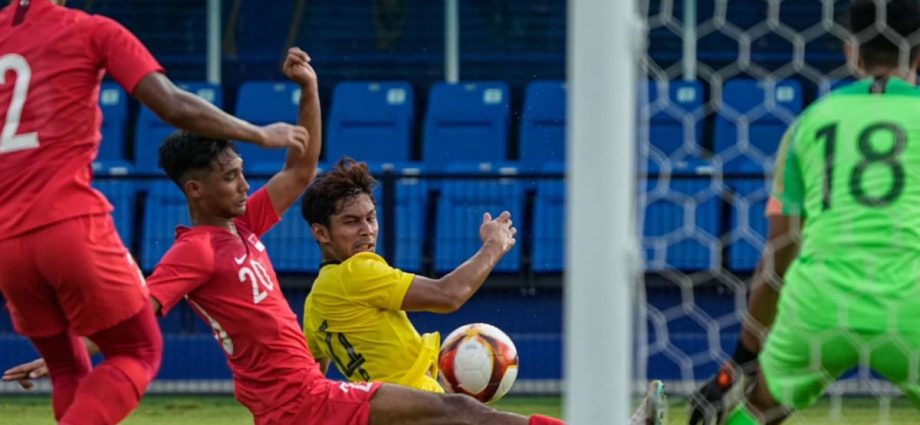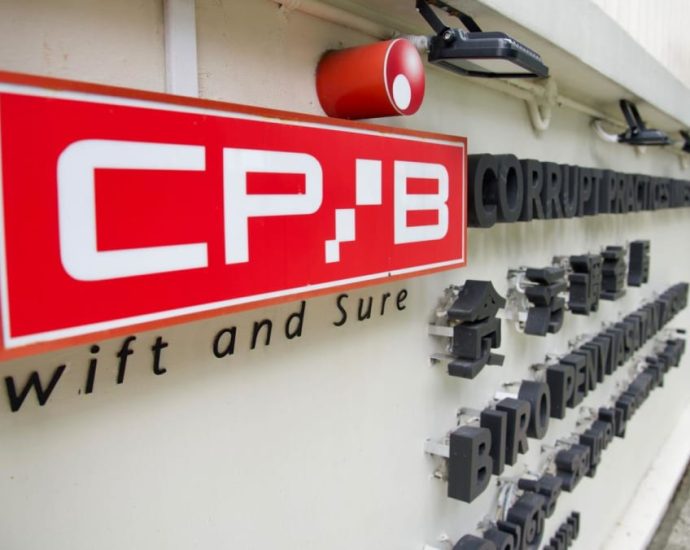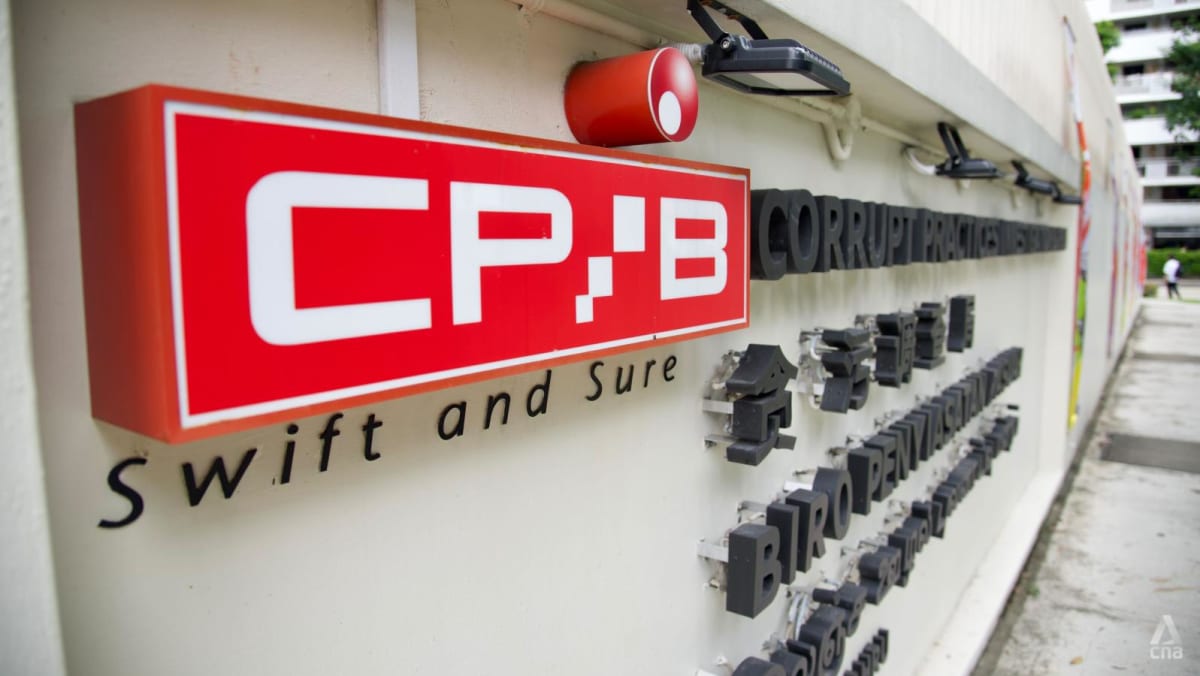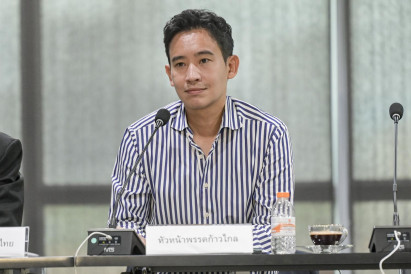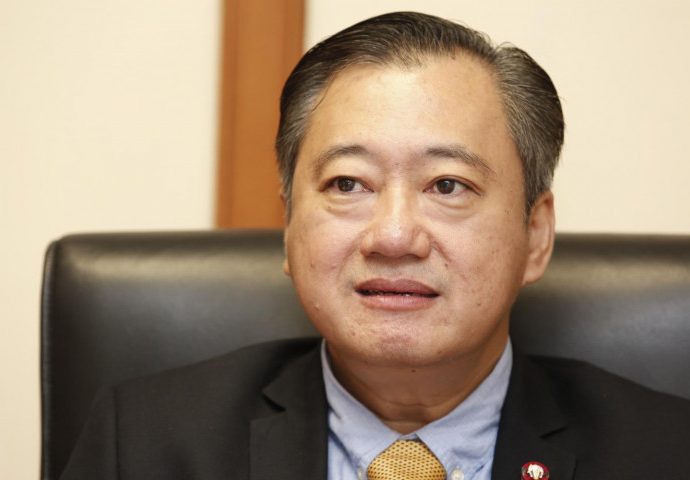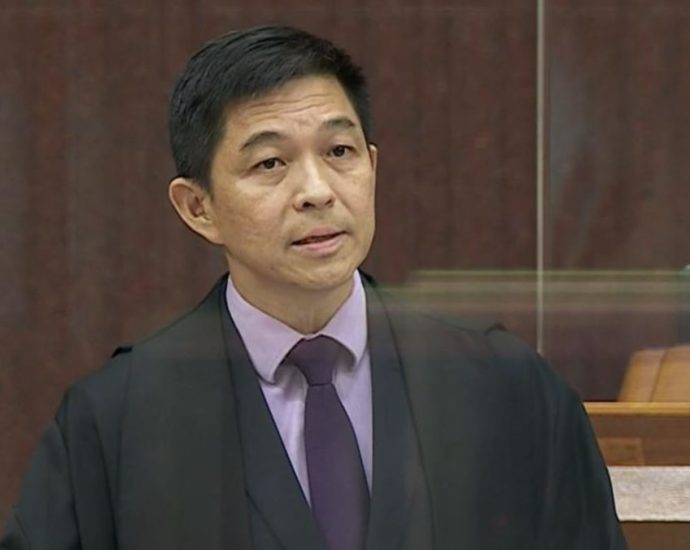Commentary: FAS needs to provide clear solutions, not superficial band-aids for Singapore football
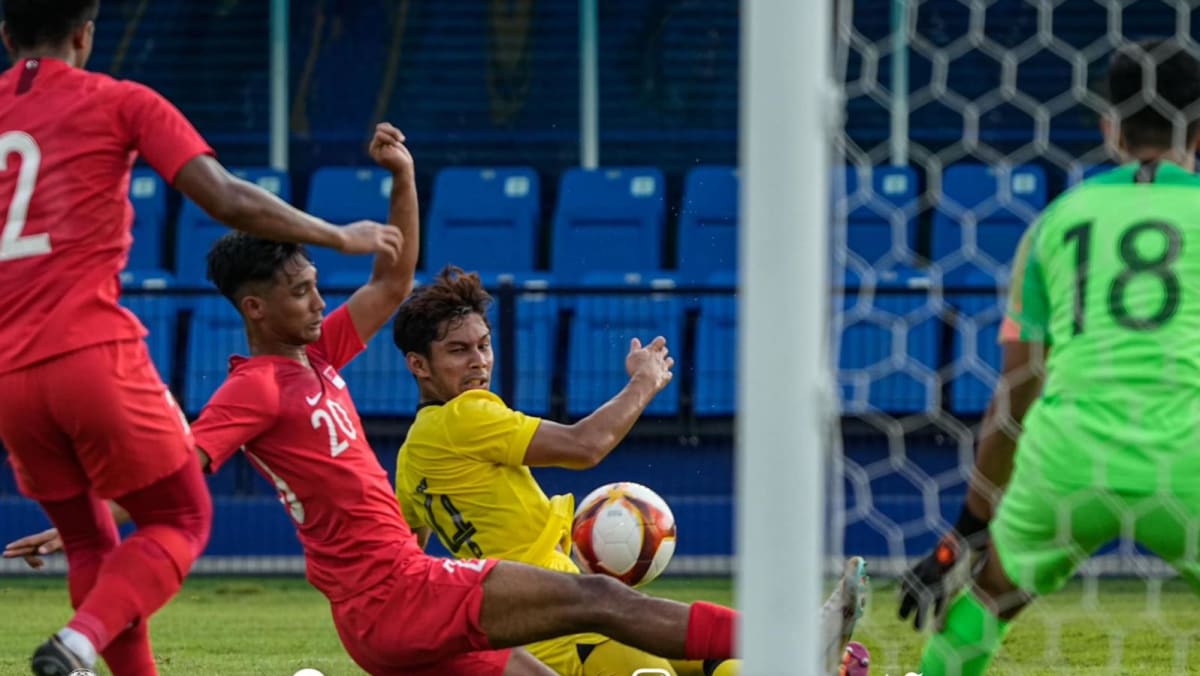
The FAS also – perhaps unwittingly – admitted to this when it revealed that one of the reasons the Young Lions faltered at the SEA Games was because the tournament was played at an intensity that was higher than that of the SPL.
As such, will the FAS be doing anything to raise the level of intensity and competitiveness of the SPL? Could increasing the number of teams in the league work? Could the return of uniformed clubs like SAFFC and Home United to the SPL do wonders in driving up the league standard?
But instead of addressing this issue and coming up with suggestions on how the league can be improved, one of the recommendations listed is to tweak SPL regulations to allow U23/22 players to have more game time in the league.
Yes, increasing game time would certainly help players. But what is the point of having extra minutes on the field when the overall intensity of the SPL still lags far behind our regional counterparts?
Another pertinent issue that the FAS did not address is the future of the Young Lions, which has performed dismally in the SPL over the past few seasons. Should they stay? Or should they go?
Many believe the outfit should be disbanded and that the players would be better off honing their craft at the clubs. I beg to differ. Like Singapore footballing legend Fandi Ahmad and former FAS technical director Michel Sablon, I see the value in keeping the Young Lions together and having them train together as a unit.

